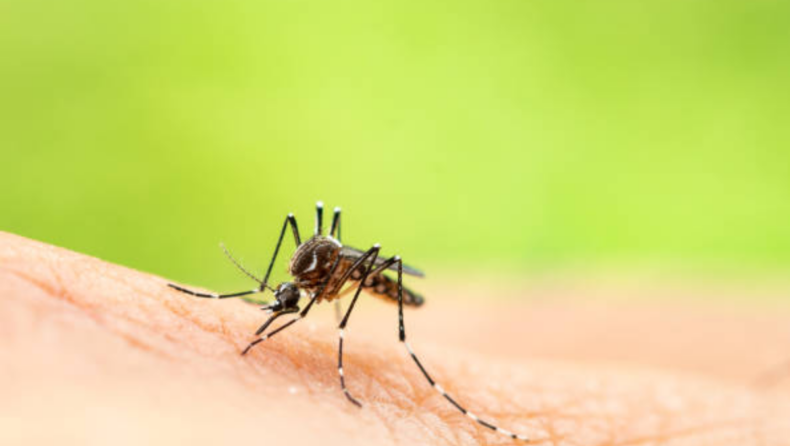Assam records a surge in Japanese Encephalitis cases, transmitted by infected mosquitoes during this season.
Assam records an annual surge in Japanese Encephalitis cases, which is transmitted by infected mosquitoes, during this period
Three more deaths due to the disease were reported in Assam on Monday, taking the number of infections to 30 in two weeks.
Assam records an annual surge in Japanese Encephalitis cases, which is passed on by infected mosquitoes during this season.
Three more deaths due to Japanese Encephalitis have been reported in Assam on Monday, raising the toll to 30 in two weeks.
A report released by the National Health Mission stated that as many as 13 new cases were detected and that the total sum of Japanese Encephalitis cases in the state has risen to 183.
One death was reported each in Kamrup Metropolitan, Kamrup and Lakhimpur districts. Among the new cases, Jorhat and Nagaon showed the highest rates of infection with five reports each.
One fresh infection each was also reported from Sivasagar, Kamrup Metropolitan and Hojai, the release stated. One new case of Japanese Encephalitis was also detected in the state on Sunday, although no deaths were reported.
A National Health Mission official stated that all districts have been accounted to a District Rapid Response team each on Acute Encephalitis Syndrome (AES) and Japanese Encephalitis.
Standard Operating Procedures and guidelines have been passed by the National Health Mission to all districts for Acute Encephalitis Syndrome/ Japanese Encephalitis case detection, management and referral.
The state annually records a surge in Japanese Encephalitis cases, which is reportedly transmitted by infected mosquitoes during this season.
Japanese Encephalitis virus is a mosquito vector-borne flavivirus and belongs to the genus same as dengue, West Nile viruses and yellow fever.
The mosquitoes that carry Japanese encephalitis typically breed in rural areas, particularly where flooded rice fields or marshes are in abundance, regardless infected mosquitoes have also been studied in urban areas.
They typically feed between sunset and sunrise. Japanese encephalitis is non-transmittable and cannot be passed from person to person.
It is the cause of most viral encephalitis cases in Asia. Japanese encephalitis viral disease was first documented in an 1871 case in Japan.













